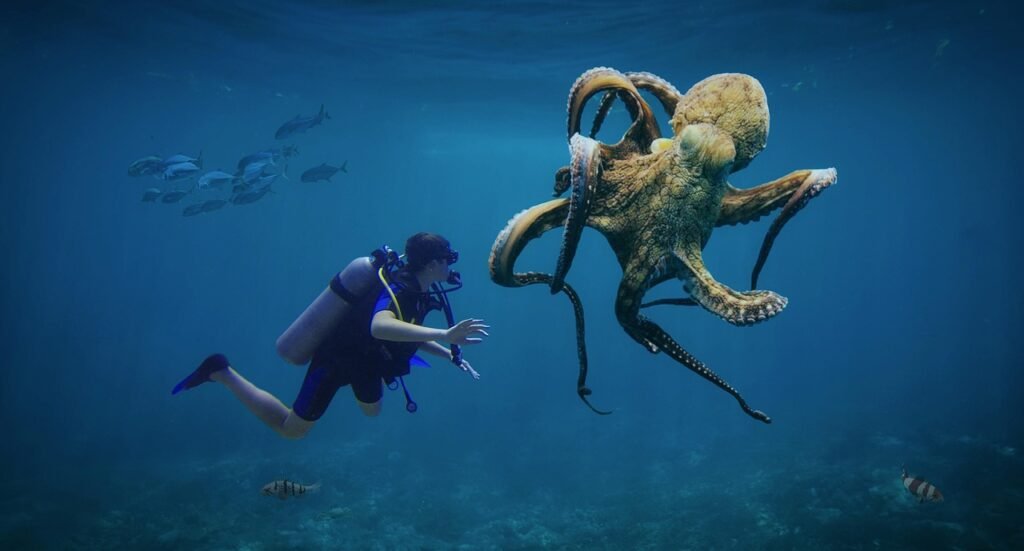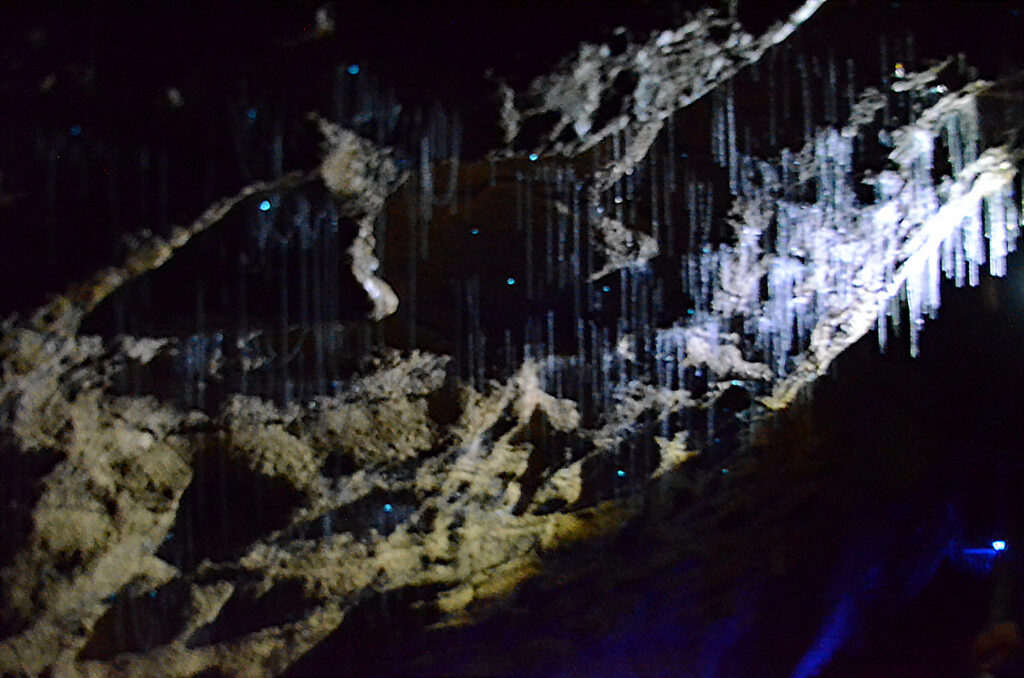Imagine encountering a creature so enigmatic and intelligent that it feels like it hails from another world. Welcome to the fascinating realm of octopuses, the eight-armed wonders of the sea. These creatures, often mistaken for mere sea dwellers, possess a level of intelligence that has left scientists and enthusiasts alike in awe. With capabilities that seem almost otherworldly, octopuses challenge our understanding of life on Earth and beckon the question: Could they be the first alien-like life among us?
The Enigma of the Octopus Brain
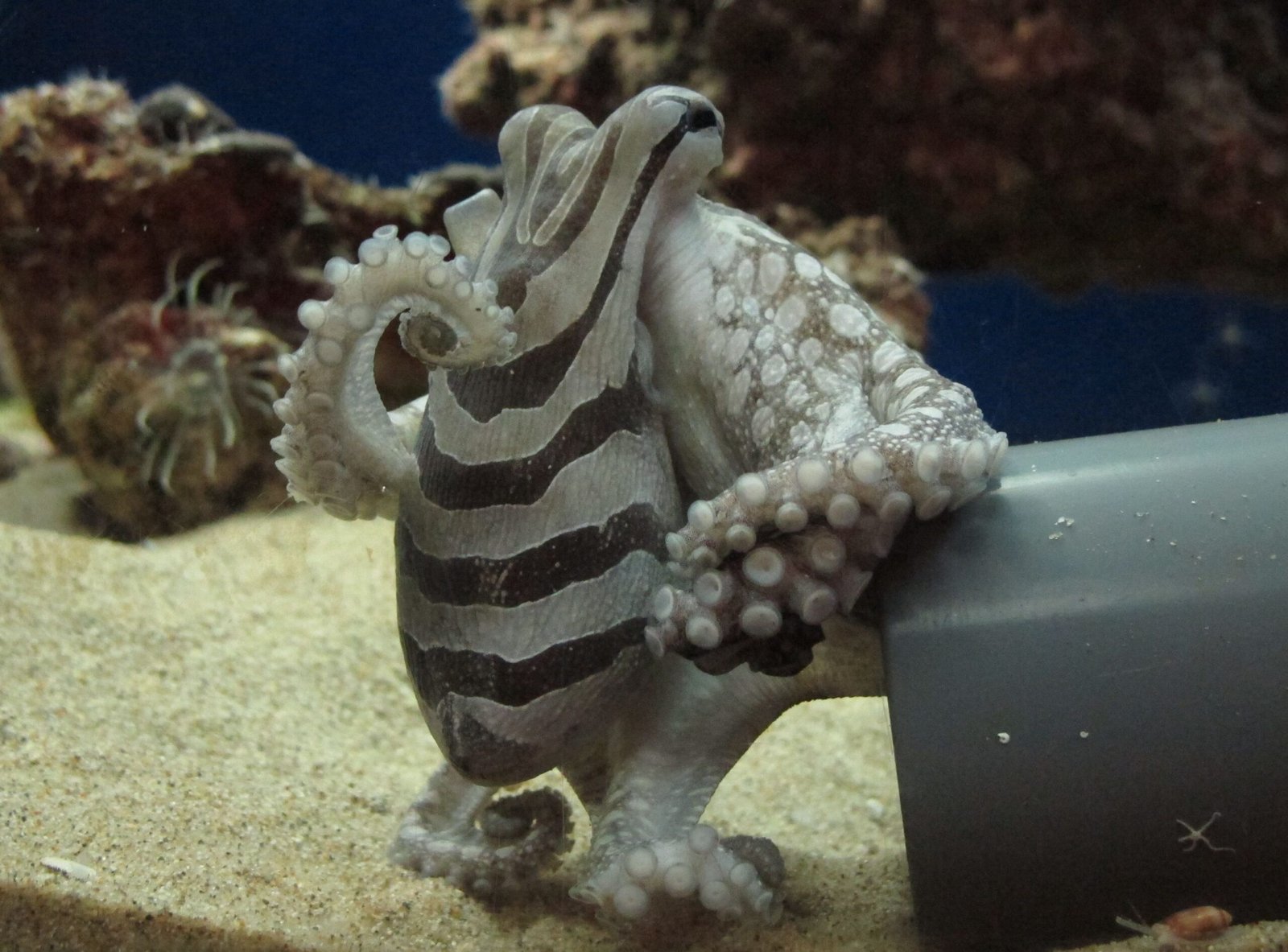
Octopuses possess a unique brain structure, unlike any other creature on Earth. Their central brain is complemented by mini brains located in each of their eight arms. This decentralized nervous system allows each arm to process information independently, making decisions without consulting the central brain. Imagine if each of your fingers could think for themselves! This remarkable setup gives octopuses an unparalleled level of coordination and adaptability, making them masters of their environment.
Masters of Disguise: Camouflage and Beyond
One of the most mesmerizing abilities of octopuses is their skill in camouflage. They can change the color and texture of their skin in an instant, blending seamlessly into their surroundings. This isn’t just about changing color like a chameleon; octopuses can mimic the textures of coral, sand, and even other marine animals. It’s as if they wear an invisibility cloak, a skill not only for hiding from predators but also for ambushing prey. Their skin contains cells called chromatophores, which expand and contract to alter their appearance, a feature that seems almost magical.
Problem Solvers of the Sea
Octopuses are renowned for their problem-solving skills. In laboratory settings, they’ve been observed opening jars to retrieve food, a task requiring both intelligence and dexterity. They can navigate mazes, learn through observation, and even use tools, an ability once thought to be exclusive to humans and certain primates. This cognitive prowess suggests a level of consciousness and awareness that sets them apart from other marine life. Imagine finding a locked treasure chest and figuring out how to open it—this is a task octopuses tackle with curiosity and ingenuity.
The Social Life of Octopuses
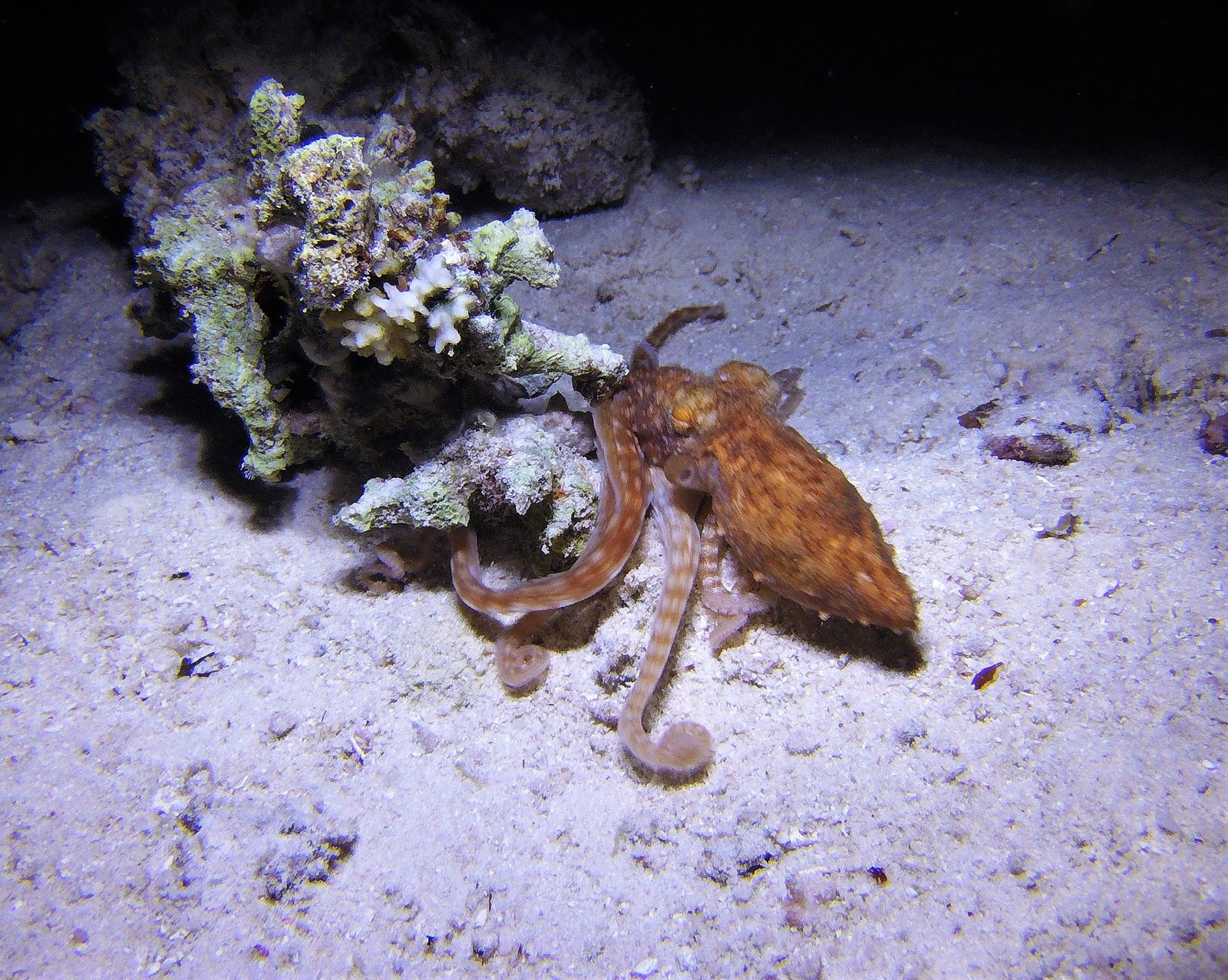
Though typically solitary creatures, octopuses have been observed interacting in complex social behaviors. In certain environments, they engage in what can only be described as play, an activity usually seen in more socially advanced animals. They have been seen using shells and rocks to build shelters or fortresses, displaying a level of foresight and planning. These social interactions, although rare, indicate a depth of emotional intelligence that continues to intrigue researchers.
Communication: A Silent Language
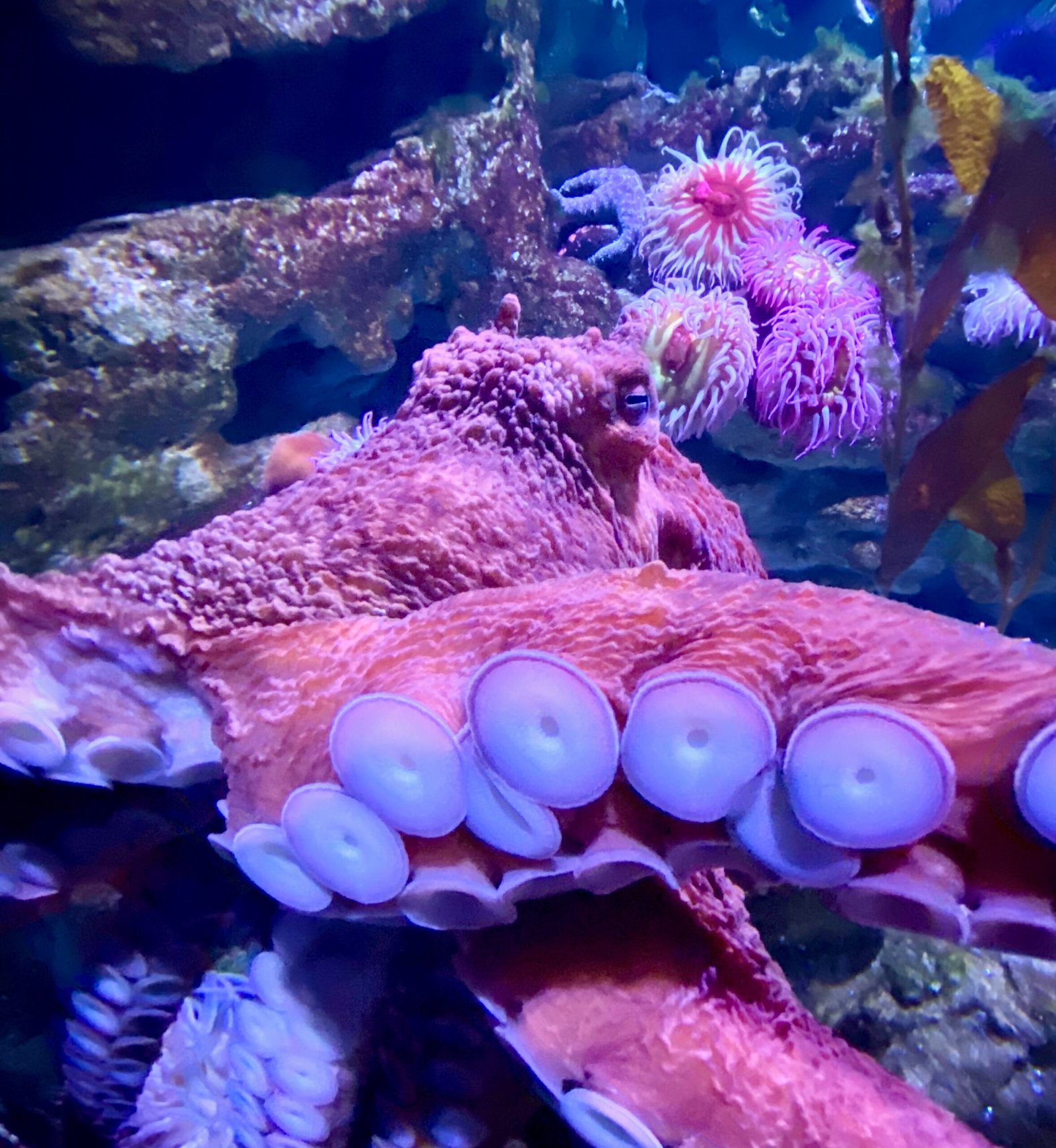
While octopuses don’t communicate as we do, they have developed a sophisticated form of silent communication through their body language and skin changes. They can signal aggression, submission, or readiness to mate by altering their appearance and posture. This form of communication is akin to a visual language, where every color shift or arm position conveys a message. It’s as if they are artists, using their bodies as a canvas to express their intentions.
Regeneration: A Marvel of Nature
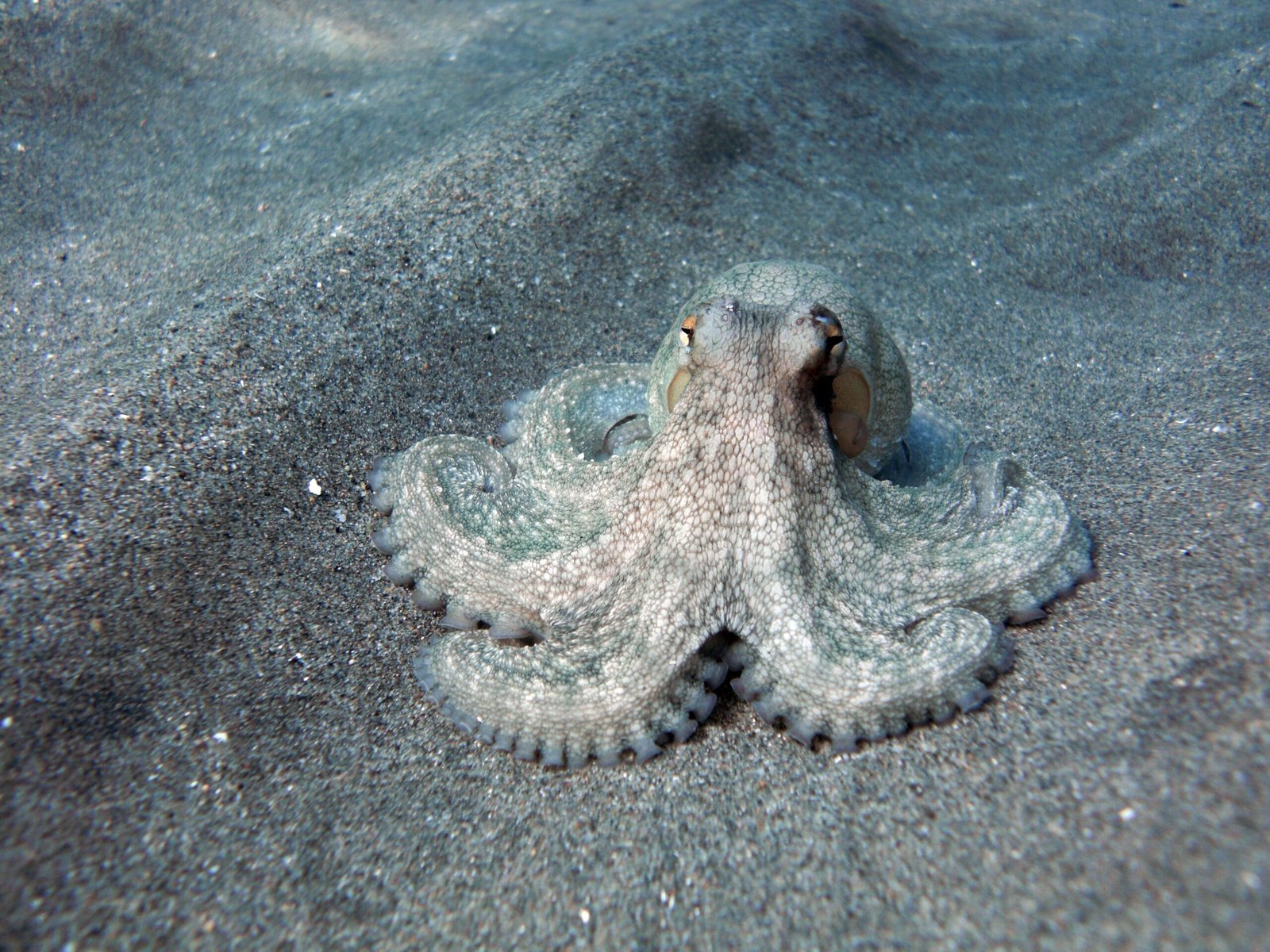
Octopuses have the astounding ability to regenerate lost arms, a feat that seems straight out of a science fiction novel. If an arm is damaged or severed, it can grow back entirely, complete with nerves and muscles. This regenerative ability is not just about survival; it showcases their remarkable biological resilience. Imagine losing a limb and having it grow back as if nothing happened—octopuses do this naturally, a testament to their extraordinary nature.
Memory and Learning: A Sign of Intelligence
Research has shown that octopuses possess both short-term and long-term memory capabilities. They can remember complex tasks and recall them later, demonstrating a level of learning typically associated with more advanced animals. This ability to learn and adapt quickly to new challenges suggests a high level of cognitive function. It’s akin to studying for an exam and remembering the information long after the test is over.
A Unique Evolutionary Path
Octopuses have followed an evolutionary path that is distinct from most other creatures. They belong to the class Cephalopoda, a group that has thrived in the oceans for millions of years. Their evolutionary journey has equipped them with traits that seem almost alien, from their flexible bodies to their advanced neural systems. This makes them a subject of fascination, as they offer a glimpse into an alternative form of intelligence and adaptation.
Human Connections: What We Can Learn
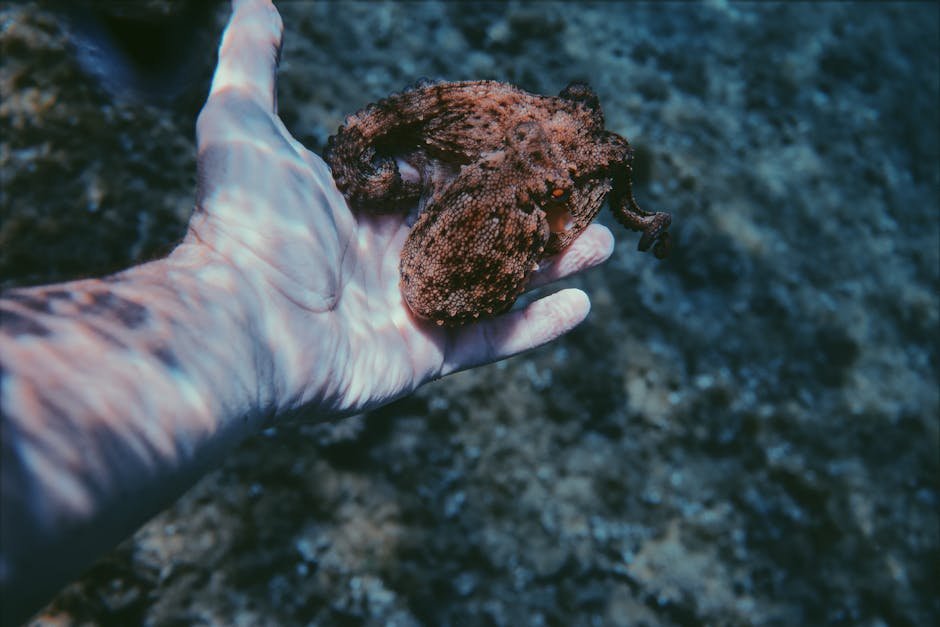
The intelligence and adaptability of octopuses have profound implications for humans. They challenge us to rethink our understanding of intelligence and consciousness. By studying octopuses, we can gain insights into neural function, learning, and even robotics, as their unique biology inspires technological advancements. Their existence prompts us to consider the vast possibilities of life and intelligence beyond our current comprehension.
The Final Frontier: Are Octopuses Truly Alien?
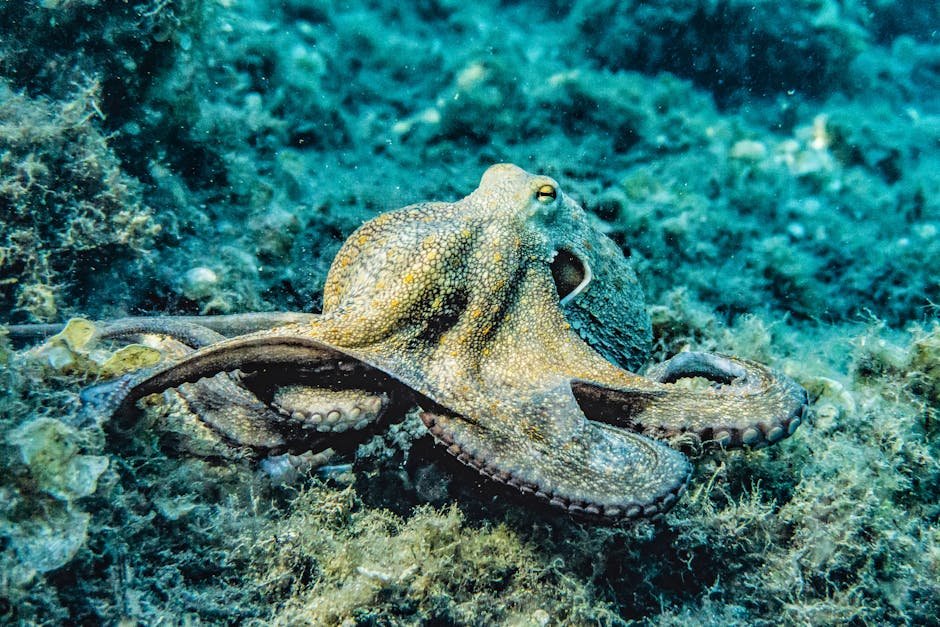
While octopuses are not extraterrestrial, their alien-like characteristics spark the imagination. They remind us of the diversity and wonder of life on Earth, encouraging us to explore the mysteries of the ocean depths. In a world where we often look to the stars for signs of alien life, perhaps the answer lies beneath the waves, in the enigmatic intelligence of the octopus. As we continue to unravel their secrets, octopuses may very well be our closest encounter with life as it might exist beyond our planet.

